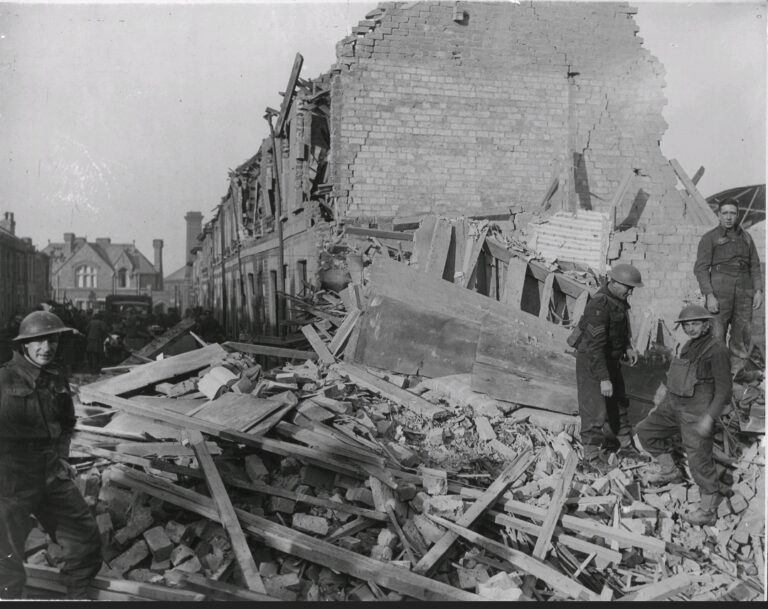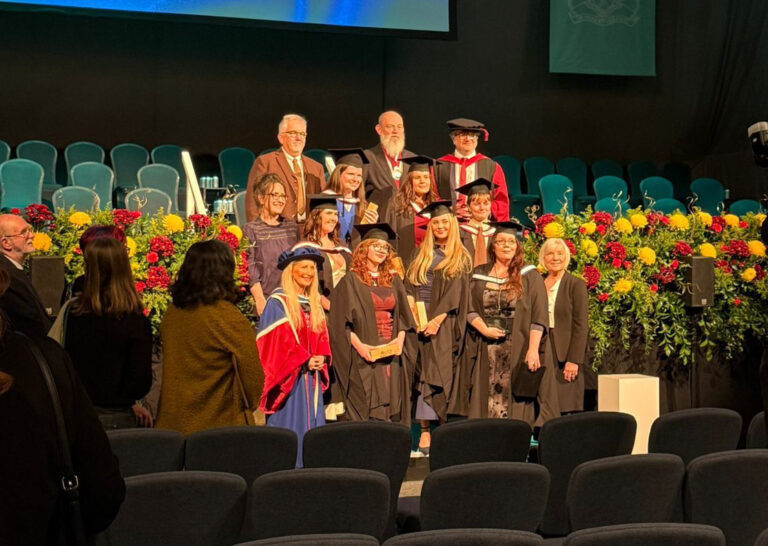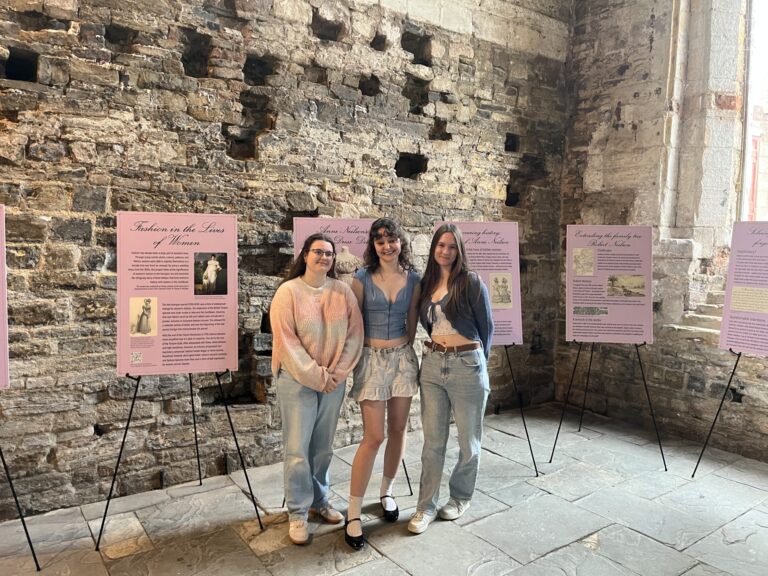| History
Contemporary Politics and the Generational Divide
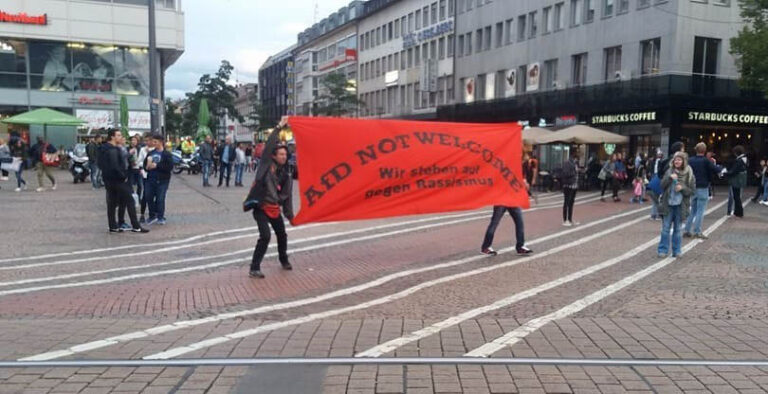
This post comes from second year undergraduate student in History at the University of Gloucestershire, Rhiannon Healey.
It is a fact that over the past year, there has been a resurgence of right-wing political ideas and movements. A brief reflection on the results and aftermath of the 2016 US Presidential election and the EU referendum in Britain, tells us that this is not without consequence. For instance, we have witnessed a seeming increase in the lack of racial tolerance. Yet a large proportion of people that I have had the opportunity to engage with were firmly against these opinions and ideas. Therefore, how is it that Donald Trump became the US President, and that Britain is set to break away from the EU within the next two years? It indicates that as we head further into the twenty-first century, there is increasing uncertainty as the Western world seems to be reverting to more conservative and traditional ideals of governance.
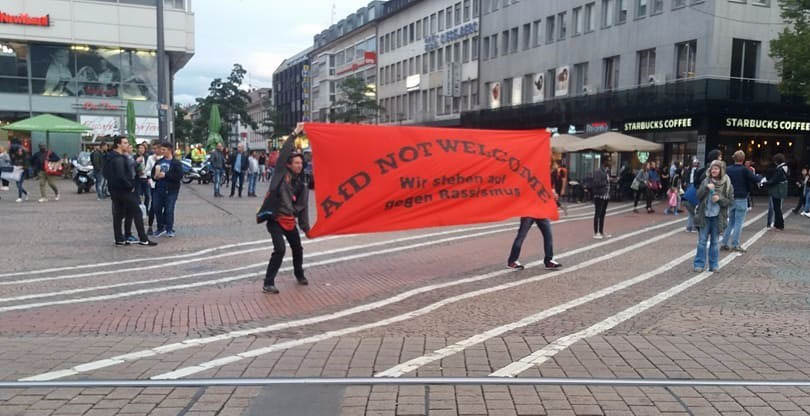
However, this rise in right-wing politics has not gone unchallenged. The recent election in Germany is a case in point that deserves recognition for challenging the political status quo across the Western hemisphere. A ‘leftist’ victory did not occur because of the proportional representation system which allowed the AfD (Alternative für Deutschland) to come third. Within the political landscape, there are only two feasible options – right-wing politics based on traditional conservatism, or a more ‘liberal’ alternative. Essentially politics seems to have become a process of choosing between the lesser of the two evils, which is far from ideal, but it is as a result of divided peoples that struggle to find common ground on the steps to take for the future of their societies.
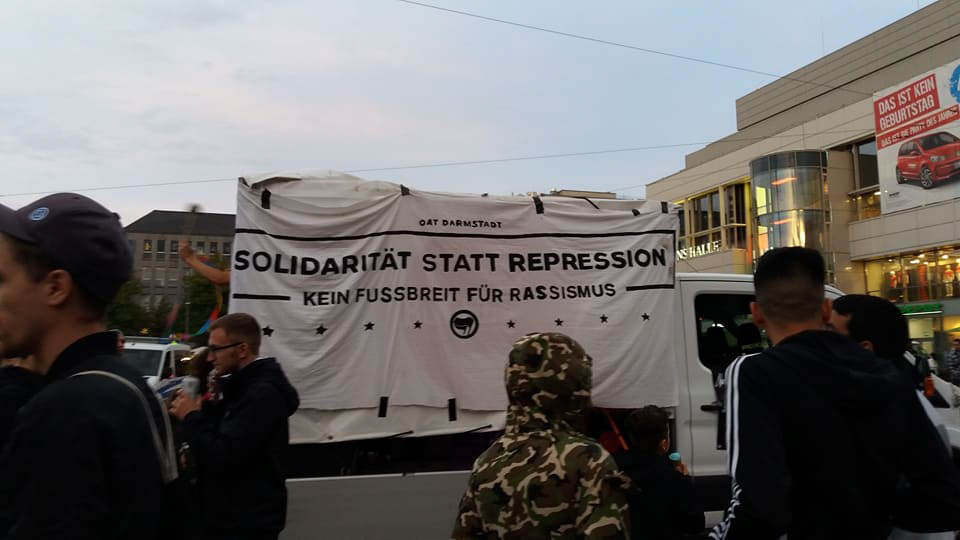
I had the pleasure of visiting Germany less than a month ago, and it was there that I felt compelled to reflect on the difficulties in contemporary politics. I just so happened to be exploring the shops within the Luisencenter in Darmstadt, when I saw a large group of police gathering in the Luisenplatz, as well as a large crowd of ordinary people beginning to have a significant presence. As I am interested in pursuing a journalistic career, my natural instincts were drawn to investigate what was taking place. Upon getting closer, I could see groups holding banners that opposed the AfD and the racist ideas that they promote. I wasn’t entirely aware of what exactly was happening, and it was at this point that I was given a pamphlet clarifying the focus of the protests. It is also worth noting that the majority of people there were young, which led me to consider the extent to which current political divisions are more generational in character.
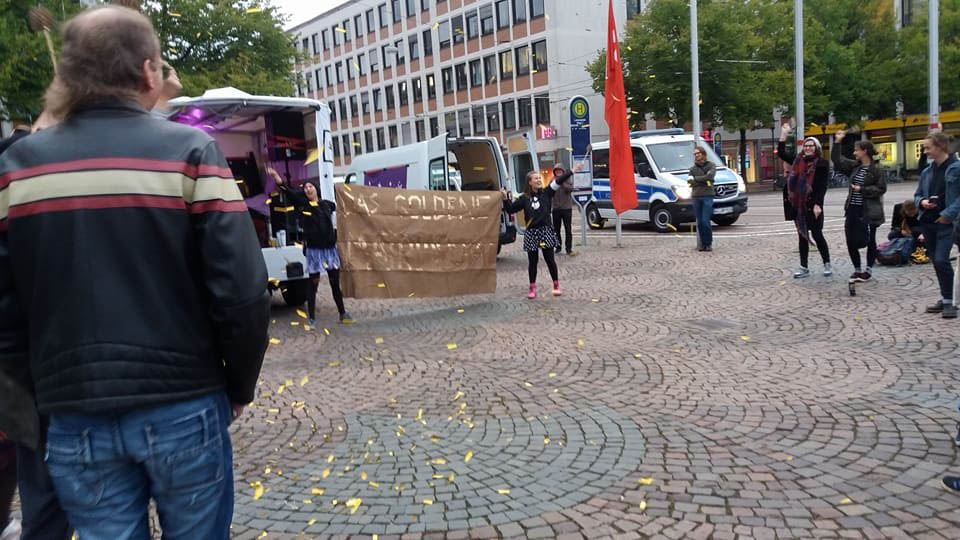
Fundamentally, politicians and their policies are out of touch with the current generation. A lot of people choose not to vote because they are limited in their choices, and because they do not see how it will make a difference. When in Germany, I found myself agreeing with what these protestors were supporting – anti-fascism and anti-racism. In an ideal world, we should be able to co-exist with one another without any qualms, but sadly, we do not live this way. We continue to argue, and threaten each other on a daily basis – never I did think that in my lifetime I would be expressing concern about the overhanging threat of nuclear war, but now it seems more real than ever.
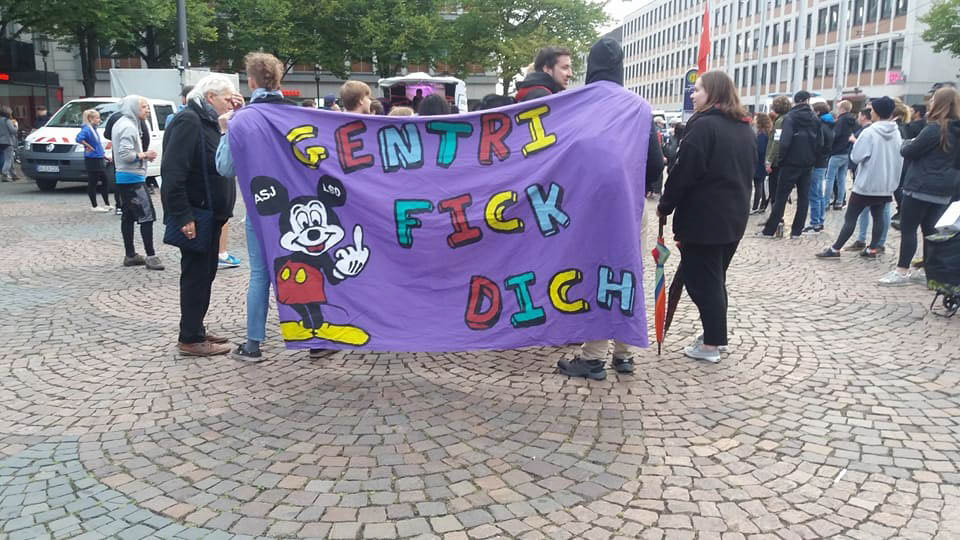
It might seem trivial, but my time away has taught me that we need to find a way to work together to ensure the survival of humanity as a united entity, and to be able to cope in the face of diplomatic tensions in a collective manner. Our future depends on our cooperation as a species. While this may come across as wishful thinking, we should be striving to make this a reality, for the sake of peace for everyone.

